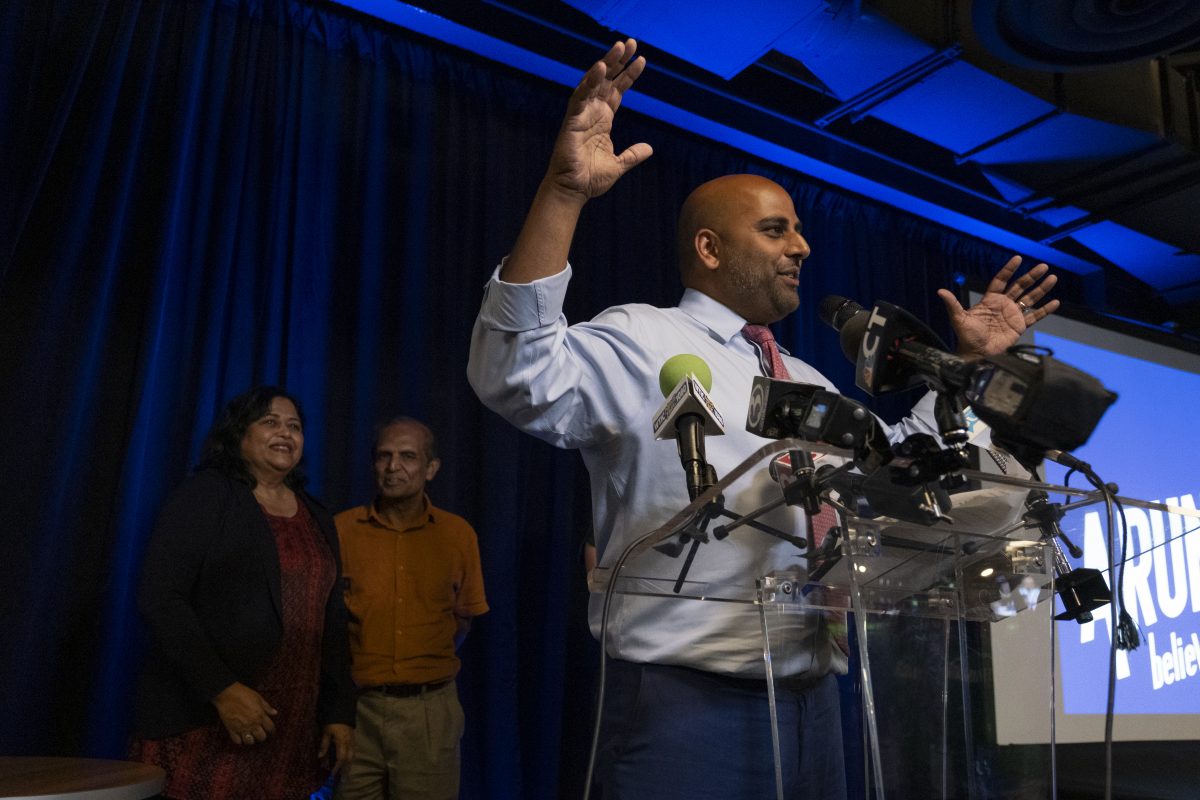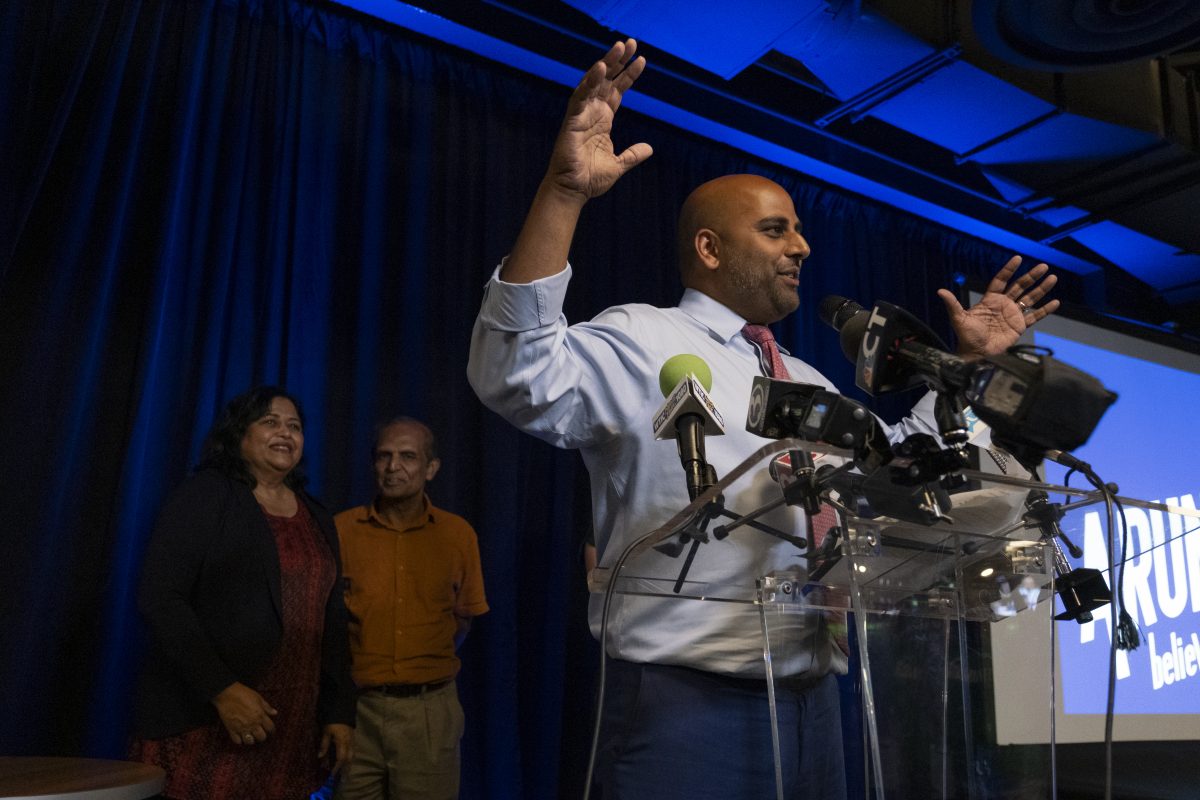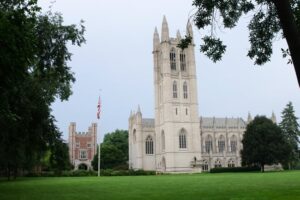
Iqra Athar ’26
News Editor
In Connecticut’s primary elections on Sept. 12, a closely watched mayoral race unfolded in Hartford, Connecticut’s capital. Three Democratic contenders vied for the mayoral position as incumbent Mayor Luke Bronin chose not to seek re-election.
Arulan Arulampalam emerged as the winner of the Democratic primary, positioning himself as the front-runner for the November mayoral election. Arulampalam, the CEO of the Hartford Land Bank, a nonprofit focused on redeveloping vacant properties, secured a decisive victory with approximately 40% of the 5,155 votes cast, making him the Democratic mayoral nominee.
Arulampalam’s primary rivals included state Senator John W. Fonfara, age 67, and former superior court judge and state lawmaker Senator Eric D. Coleman, age 72. Despite their extensive political backgrounds, they were unable to outshine Arulampalam’s campaign.
After his victory, in an address to his supporters at Dunkin Park, Arulampalam outlined his vision for Hartford, which includes affordable housing, community safety and increased neighborhood investments. His campaign also emphasizes funding for small businesses, homeownership in Hartford neighborhoods and enhancements to recreational programs, arts, music and academics in each neighborhood.
Outgoing Mayor Luke Bronin endorsed Arulampalam, further boosting his campaign.
Initial unofficial returns from Arulampalam’s campaign indicated that he secured approximately 40% of the votes, with Coleman and Fonfara trailing behind. Neither of his opponents conceded defeat on the night of the primary. Subsequent city-released results confirmed Arulampalam’s lead, with him securing exactly 39.59% of the vote, Coleman earning 30.53% and Fonfara receiving 29.87%. The primary witnessed a voter turnout of approximately 14%.
Arulampalam’s campaign, devoid of specific racial, geographic or elective affiliations, was noteworthy in Hartford’s diverse demographic setting. Hailing from Zimbabwe with Sri Lankan parents who had fled persecution, he earned the Democratic town committee’s endorsement in July. Despite modest voter turnout, Arulampalam emphasized community engagement.
On election day, Arulampalam and his family, including three adopted children and twins, voted at the Learning Corridor, a neighborhood school complex located across the street from Trinity College. However, only 1,362 of 38,000 registered Democrats had voted citywide by noon, illustrating the challenge of mobilizing voters in the community.
Arulampalam and his rivals invested less in identifying and mobilizing supporters compared to Mayor Bronin’s previous campaigns. Notably, the absence of a candidate with a Spanish name on the ballot marked a shift in Hartford’s political landscape, where the constituency is largely made up of Hispanic residents.
Arulampalam spent $377,000 leading up to the election, while Fonfara and Coleman spent $330,000 and $149,000, respectively. Both Arulampalam and Fonfara turned to costly television advertising on major networks in the Hartford-New Haven television market to reach voters, given the difficulty in reaching them via phone or door-knocking.
Arulampalam’s victory heralds a new era for Hartford, addressing issues such as high poverty, low income and substantial tax-exempt properties. His focus on downtown investments, housing and education will be pivotal.
While the primary had a moderate turnout, Arulampalam’s victory marks a significant change in Hartford’s politics. It reflects a new leader committed to addressing the city’s challenges. As he prepares for the November mayoral election, Hartford residents anticipate a dynamic campaign.






+ There are no comments
Add yours